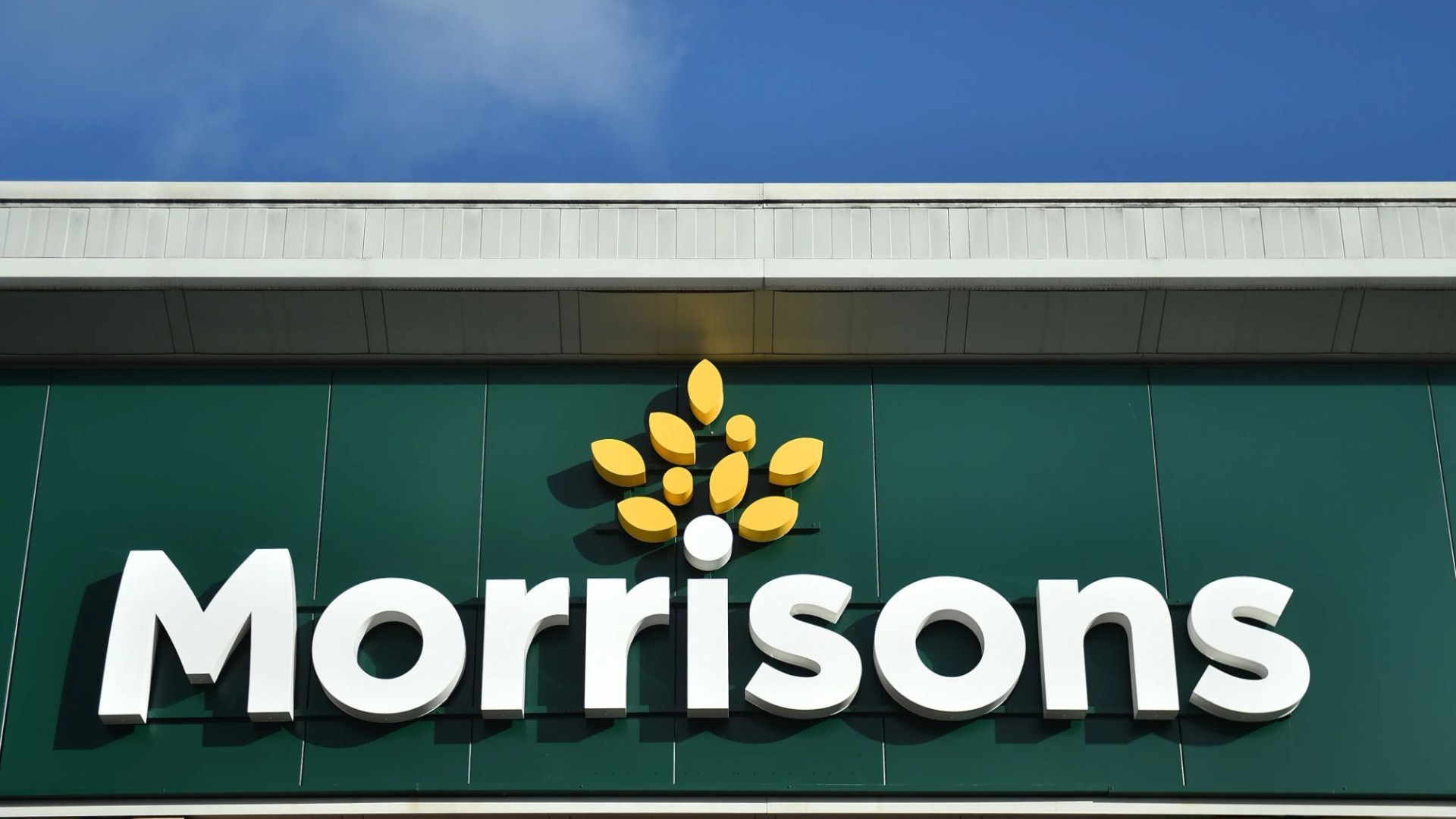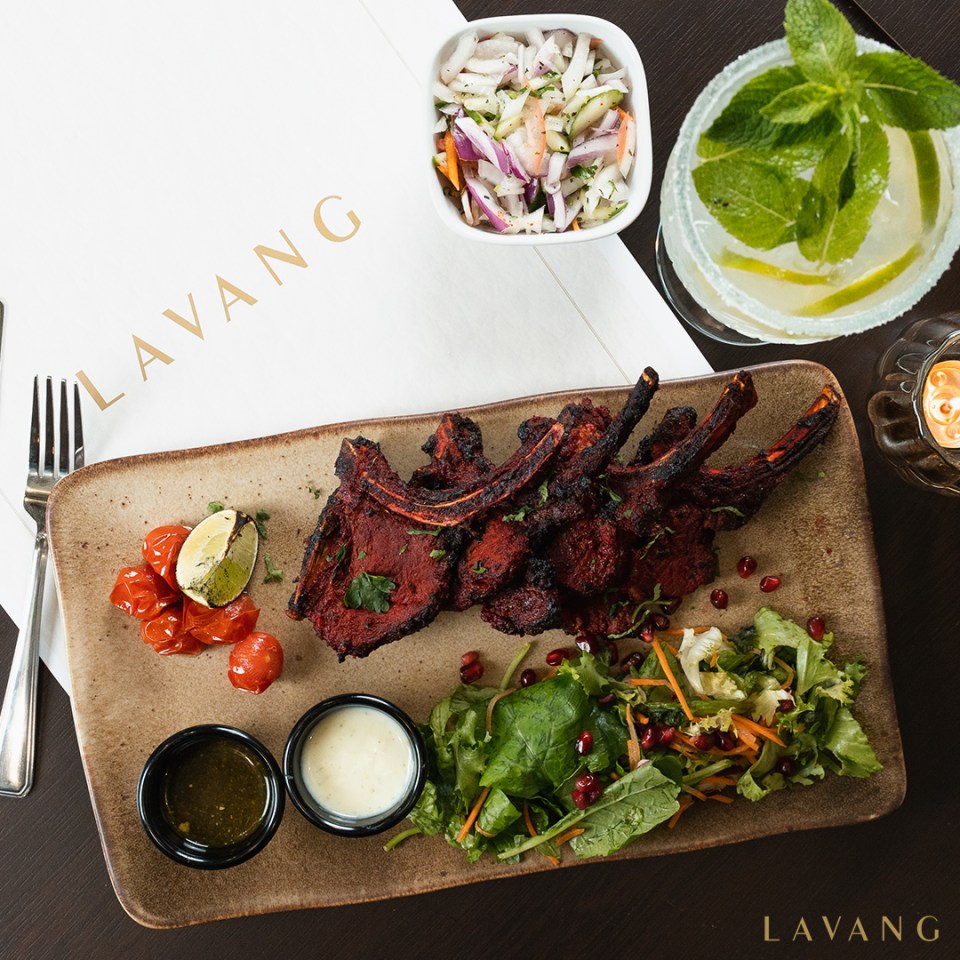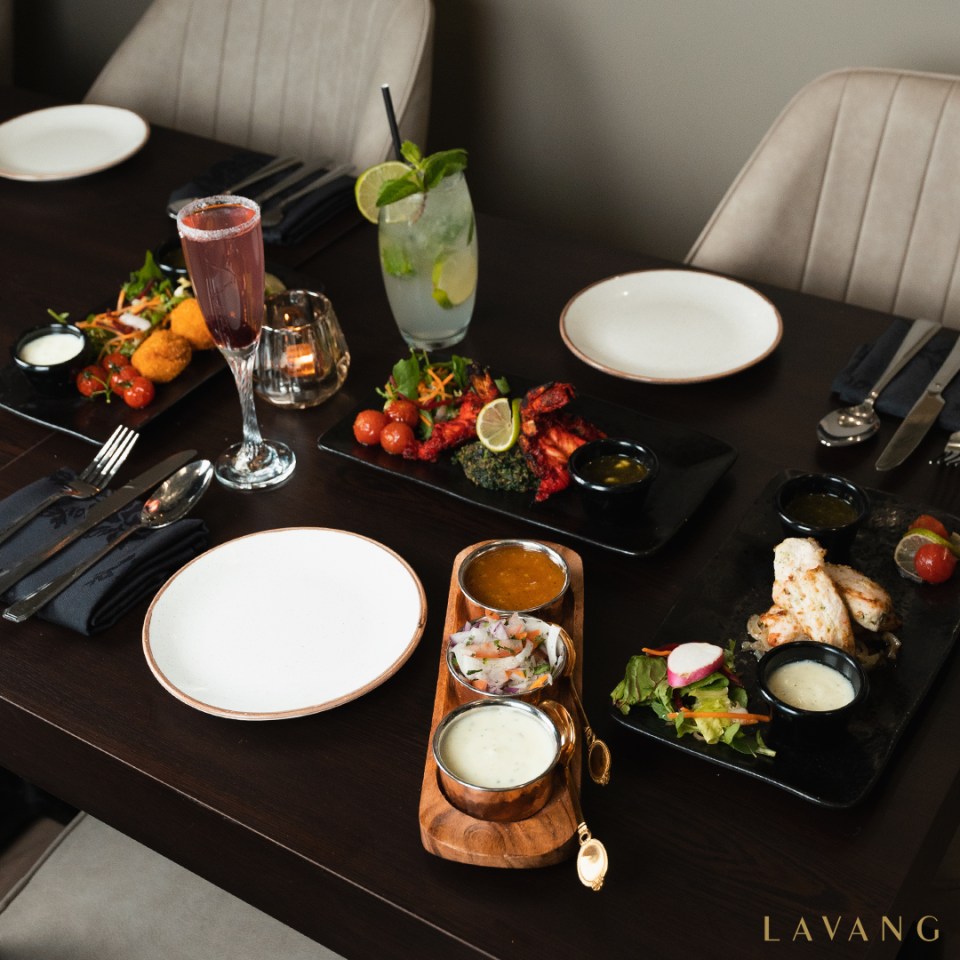This is an audio transcript of the FT News Briefing podcast episode: ‘Banks warm up to nuclear power’
Sonja Hutson
Good morning from the Financial Times. Today is Thursday, September 26th, and this is your FT News Briefing. Leaders at OpenAI seem to be dropping like flies. And major banks just gave nuclear power their stamp of approval. Plus, Saudi Arabia is reaping the rewards of a once untapped resource: female workers. I’m Sonja Hutson, and here’s the news you need to start your day.
[MUSIC PLAYING]
Another top executive has left OpenAI. Chief technology officer Mira Murati announced yesterday that she was leaving. Murati worked at open air for six and a half years. She also briefly served as CEO during the failed coup against founder Sam Altman. The company behind ChatGPT has seen a string of high-profile departures this year, including two of its founders, so Murati leaving is yet another blow for one of Silicon Valley’s most valuable start-ups. Her successor has not yet been announced.
[MUSIC PLAYING]
Banks gave nuclear energy the thumbs up this week. On Monday, some of the world’s biggest lenders met up in New York to pledge their support for the sector. This turned heads because nuclear is pretty divisive in a lot of boardrooms. To tell me about whether the tide could now be turning. Is the FT’s Lee Harris. Hi Lee!
Lee Harris
Hi. Thanks for having me on.
Sonja Hutson
Thanks for being on the show. So tell me a little bit more about this meeting. Who was there and what did they say?
Lee Harris
So a number of big banks and financial institutions showed up. They included Citi, Barclays, Goldman Sachs and BNP Paribas. And they were joined by a bunch of high-ranking state officials. And they were there to back this pledge to increase support for nuclear energy. The banks were pretty light on the specifics of what this actually means for their lending, which I think is in itself really telling. You definitely got a sense that nuclear financing is still extremely sensitive within these institutions. But the banks say that broadly they want to support a goal that was first set out last year at the Cop climate conference to triple the world’s nuclear energy capacity by 2050.
Sonja Hutson
I’m curious, just how big of a deal would you say this is? I mean, you mentioned that there is still a lot of caution coming from these institutions about nuclear power.
Lee Harris
Yeah, I think it is a big deal. Cynically, you might say this is just kind of virtue-signalling by the banks, but I think it’s pretty important that they decided that this is something that they want to virtue signal about because, of course, nuclear remains controversial for a bunch of reasons. One is that a kind of older generation of environmental activists was really built around opposition to nuclear. Also, it’s controversial just because it’s hard to do. Recent nuclear projects have come in way above cost and over schedule. So in the past, senior management at banks have typically steered clear.
Sonja Hutson
So I’m curious about why banks are changing their tune now on nuclear.
Lee Harris
I think the biggest reason might just be that they expect kind of an explosion of demand that’s primarily fuelled by Big Tech companies and their computing needs from AI. So on Friday, Microsoft announced a 20-year deal with Constellation Energy to restart a nuclear reactor at Three Mile Island in Pennsylvania. That’s an 835MW reactor or enough energy to power about 800,000 homes. So a really substantial deal. I think these banks are seeing more of this demand coming down the pike.
Sonja Hutson
What could support from these financial institutions look like and how could it affect the sector more broadly?
Lee Harris
We’re still waiting on specifics, but banks could potentially support new plants by increasing direct lending and project finance to nuclear. They could also arrange bond sales or introduce companies to private equity or credit funds. I think there’s a hope that if banks and financial institutions can agree collectively to finance this energy source, it could really bring down costs. And of course, unleashing a wave of new investment in the sector would go a long way towards meeting net zero clean energy goals.
Sonja Hutson
Lee Harris is a moral money reporter for the FT. Thanks, Lee.
Lee Harris
Thanks so much.
[MUSIC PLAYING]
Sonja Hutson
Megadeals are officially staging a comeback. More than $2tn worth of takeovers were announced in the first nine months of the year. That’s up 17 per cent from the same period last year. And most of the uptick was driven by big corporations. The candy company Mars took home the prize for the largest new takeover when it spent $36bn to buy the company that makes Pringles chips. But this may be just a sugar rush. The overall number of deals actually sunk to a nine-year low. So we’ll have to see if things like recent interest rate cuts will push more would-be mergers off the sidelines.
[MUSIC PLAYING]
Saudi Arabia’s economy is undergoing some big changes. In 2016, Crown Prince Mohammed bin Salman launched a plan to diversify the economy and make it less reliant on oil revenue. But pulling this off means finding new places to make money. And one way to do that is growing the labour force, crucially by bringing more women in to work. The FT’s Ahmed Al Omran visited a Saudi business at the front lines of this shift. He joins me now to talk about it. Hi, Ahmed.
Ahmed Al Omran
Hi, Sonja.
Sonja Hutson
So Ahmed, tell me a little bit about this company that you visited. What did you see there?
Ahmed Al Omran
Sure. So the company is called Johnson Controls Arabia. They make air conditioners and other cooling technologies. And when you go into their factory, which is located at King Abdullah Economic City, there is more than a dozen of Saudi women in their late 20s, mid 30s, working on connecting wires to electrical boards. And then across the room from them, they hand them to their male counterparts and colleagues who continue the process. And these pieces eventually go into the air conditioners and other equipments at the factory mix.
Sonja Hutson
Yeah. How common exactly is it for women in Saudi Arabia to work?
Ahmed Al Omran
Yeah, I mean, the female participation in the Saudi workforce before 2016 was under 20 per cent. And when the government announced their economic plan, they set a target of reaching 30 per cent women participation by 2030. But now we’re in 2024 and the number is already at 35 per cent. And they see huge potential for having even more women in the workforce. In the past, most of the women worked in either in education or healthcare, which used to be very strictly segregated environments. But now you’re seeing them in services, in entertainment, in manufacturing, in travel and tourism. So you’re seeing them across the board.
Sonja Hutson
Could you explain this big push to get women into the labour force a little bit more for us?
Ahmed Al Omran
There are two factors. Part of it is economic. The country’s economy was and is still largely dependent on oil revenues. But the government has come to the realisation a long time ago that they need to diversify the economy and you cannot build a modern, functioning economy one half of your society — the women — are unable to work in many jobs. And the other is social. You know, Saudi women are highly educated and they did not have the opportunities to contribute. And as part of these transformations, we’ve seen the removal of many restrictions on women, including lifting the ban on driving and lifting the ban on them to travel abroad without the permission of their guardians. So there have been a removal of restrictions that in the past have made it harder for women to be productive as part of the workforce.
Sonja Hutson
Yeah. So, you know, it sounds like a lot of progress has been made in getting more women into the labour force, and it’s helping with productivity as well. But what sort of obstacles still remain to getting women to work?
Ahmed Al Omran
I mean, part of it has to do with the social norms and how long they have been seeing women in a specific light. But also we still haven’t seen many women in senior leadership positions. There are still no female ministers in the cabinet in the government. The same thing with the private sector, very few female names as executives. So there is a question on whether the government should have policies like quotas or things like that to ensure there are women representation in these high leadership positions.
Sonja Hutson
Ahmed Al Omran is the FT’s Saudi Arabia correspondent. Thanks, Ahmed.
Ahmed Al Omran
Thanks Sonja.
[MUSIC PLAYING]
Sonja Hutson
You can read more on all these stories for free when you click the links in our show notes. This has been your daily FT News Briefing. Check back tomorrow for the latest business news.










































































































































You must be logged in to post a comment Login